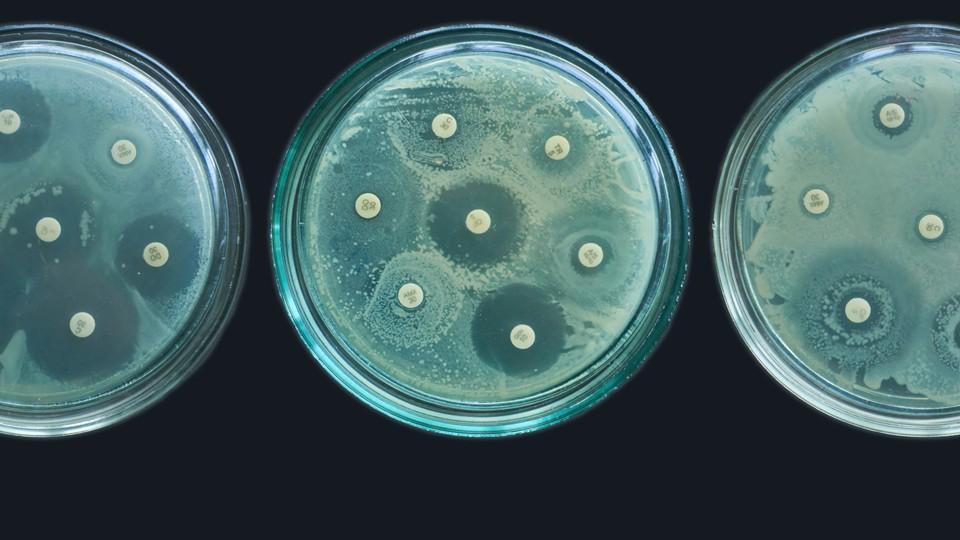Novo Holdings invests in three more AMR biotechs

Novo Holdings’ REPAIR Impact Fund, which helps fund companies tackling antimicrobial resistance (AMR), has announced three new investments.
The first beneficiary is AstraZeneca spin-off Entasis Therapeutics, whose programmes include a new class of non β-lactam PBP inhibitors (NBP) targeting multi-resistant Pseudomonas aeruginosa infections. The REPAIR Fund participated in the $75 million NASDAQ listing in September 2018 by investing $10 million.
A report published last year named Entasis as the most active biotech in AMR R&D.
Novo Holdings also invested a further €3.6 million into Danish company Minervax, a Lund University spin-out developing a prophylactic vaccine against Group B Streptococcus (GBS), responsible for 50% of life-threatening infections in newborns, as well as stillbirths and preterm deliveries in pregnant women.
Finally, UK-based Procarta Biosystems has received €1.5 million from the Fund. Procarta is developing a pipeline of antibacterials from its Oligonucleotide Antimicrobial platform, a novel nanoparticle approach targeting a new class of antibiotics targets – transcription factors. Its lead asset, PRO-202, is in preclinical development to treat complicated urinary tract infections (cUTI) and complicated intraabdominal infections (cIAI).
The €135 million Fund invests in startups, early-stage companies and corporate spin-outs across Europe and North America involved in discovering and early-stage development of therapies to combat AMR, which has become an area of increasing concern for governments around the world.
These new investments add to Novo Holdings’ previously-announced investment in Polyphor – which is developing outer membrane protein targeting antibiotics (OMPTA) addressing the WHO’s 5 deadliest and most resistant Gram-negative bacterial pathogens – and bring the total investment from the Fund’s first year of operation to €18 million.
“We back companies we believe can change the future of antibiotic resistance,” commented Aleks Engel, the Fund’s director. “Despite growing recognition of this global threat, there is an early-stage funding gap for new treatments, specifically from lead optimisation up to phase 1 data.
“In 2018, our team reviewed over 100 high-quality proposals targeting the deadliest resistant pathogens on the planet and invested in four highly promising companies. We are still working on a number of these and are looking forward to announcing additional investments in 2019.”
Big pharma has largely stepped away from antibiotic research in recent years, with Novartis being one of the most recent companies to announce it would close its antibacterial research programmes.











